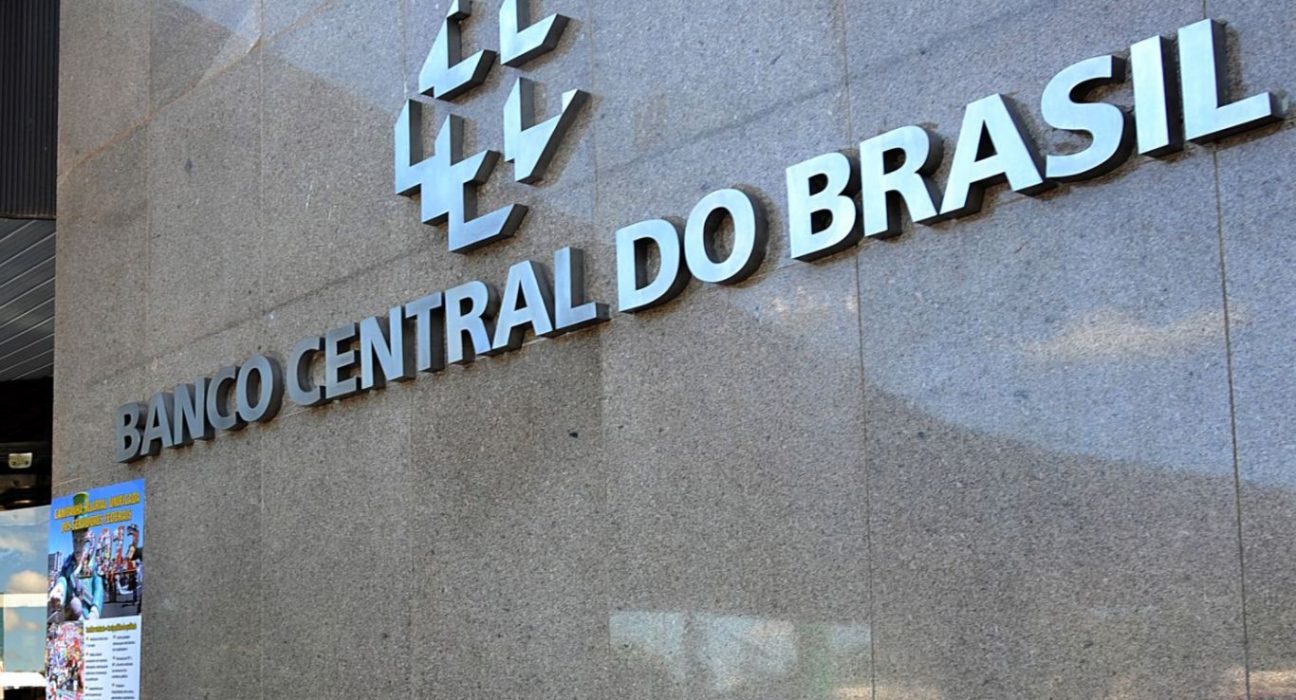Introduction
In the face of mounting economic challenges, Brazil’s government finds itself grappling with delays and setbacks in its pursuit of fiscal stability. The road to erasing a primary budget deficit by 2024, a cornerstone of the country’s new fiscal framework, has proven to be more arduous than initially anticipated. While proposed budgetary regulations initially assuaged investor concerns about burgeoning public spending, recent developments highlight the stumbling blocks that continue to impede progress.
Challenges and Disappointments in Revenue-Boosting Measures
The Brazilian government’s efforts to fortify its revenue streams have encountered stumbling blocks, contributing to the struggle to balance the budget. Delays and disappointments have marred the implementation of revenue-boosting measures, creating obstacles to achieving the ambitious goal of erasing the primary budget deficit by 2024. These challenges have not gone unnoticed by investors, who were initially reassured by the proposed budget rules aimed at curbing excessive public expenditure.
Weakening Tax Figures and Fiscal Deficit Targets
Despite the initial optimism surrounding Brazil’s fiscal trajectory, recent developments have cast doubt on the government’s ability to meet its deficit reduction targets. The Finance Ministry’s upward revision of the deficit projection for the current year to 145 billion reais, equivalent to 1.4% of the gross domestic product (GDP), underscores the growing predicament. What was once envisaged as a 50 billion reais deficit for the year has ballooned to a significantly higher figure, signaling a potential shortfall in revenue generation.
Adjustments in Deficit Targets: Managing Investor Expectations
In an attempt to manage investor expectations and maintain a semblance of fiscal control, Brazilian officials have had to make adjustments to their deficit targets. The shift from the initial informal target of 100 billion reais to the newly revised projection of 145 billion reais indicates a recognition of the challenges at hand. This adjustment not only reflects the evolving economic landscape but also underscores the government’s commitment to transparent communication regarding its fiscal ambitions.
Implications for Economic Stability and Investor Confidence
The ongoing struggles to enhance revenue and contain deficits hold far-reaching implications for Brazil’s economic stability and investor confidence. The initial relief felt by investors due to proposed budget rules has been tempered by the disappointing performance of revenue-boosting initiatives. The resulting weaker tax figures and widened deficit targets could potentially undermine the trust that investors have placed in Brazil’s fiscal management efforts.
Navigating a Complex Economic Landscape
Navigating the complexities of Brazil’s economic landscape requires a multifaceted approach that addresses both short-term challenges and long-term structural issues. The government’s determination to erase the primary budget deficit by 2024 serves as a rallying point, but the path to achieving this goal demands strategic maneuvers. Balancing the need for immediate fiscal adjustments with the imperative of fostering sustainable economic growth presents a delicate balancing act.
Safeguarding Fiscal Resilience: A Call to Action
As Brazil grapples with the intricacies of its fiscal predicament, a call to action resonates. Safeguarding fiscal resilience demands a comprehensive reassessment of revenue-boosting measures, ensuring their timely implementation and efficacy. The government’s commitment to erasing the primary budget deficit must be matched with tangible actions that restore investor faith and reinforce the country’s economic fundamentals.
Conclusion
The journey toward fiscal equilibrium in Brazil has encountered formidable roadblocks, stemming from delays in revenue-boosting initiatives and the resultant weaker tax figures. Despite the government’s earnest efforts to allay investor concerns through proposed budget regulations, the evolving deficit targets emphasize the need for sustained action. Navigating these challenges will require a deft blend of strategic recalibration, transparent communication, and resolute implementation of measures aimed at bolstering revenue and fostering economic stability.










